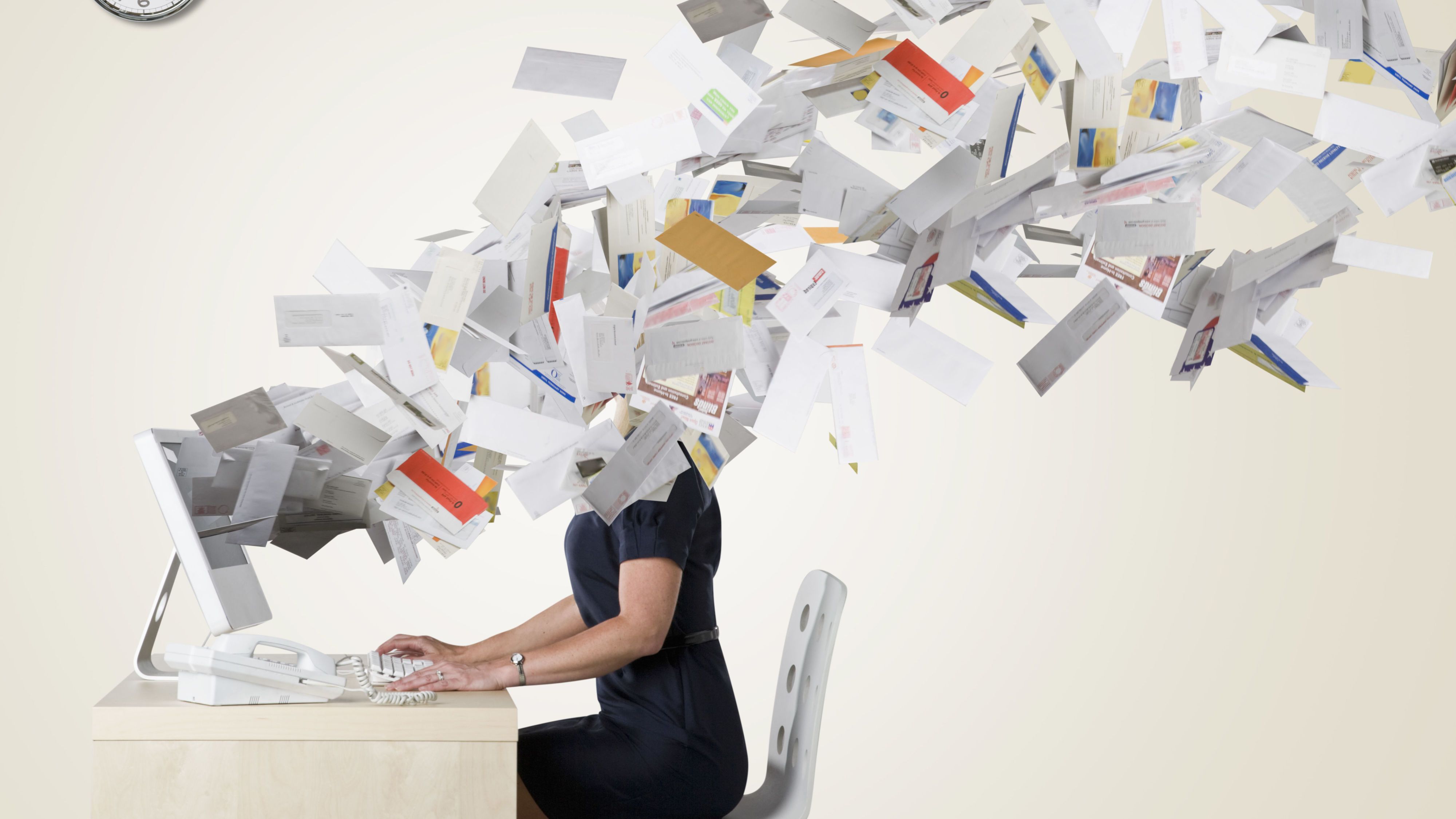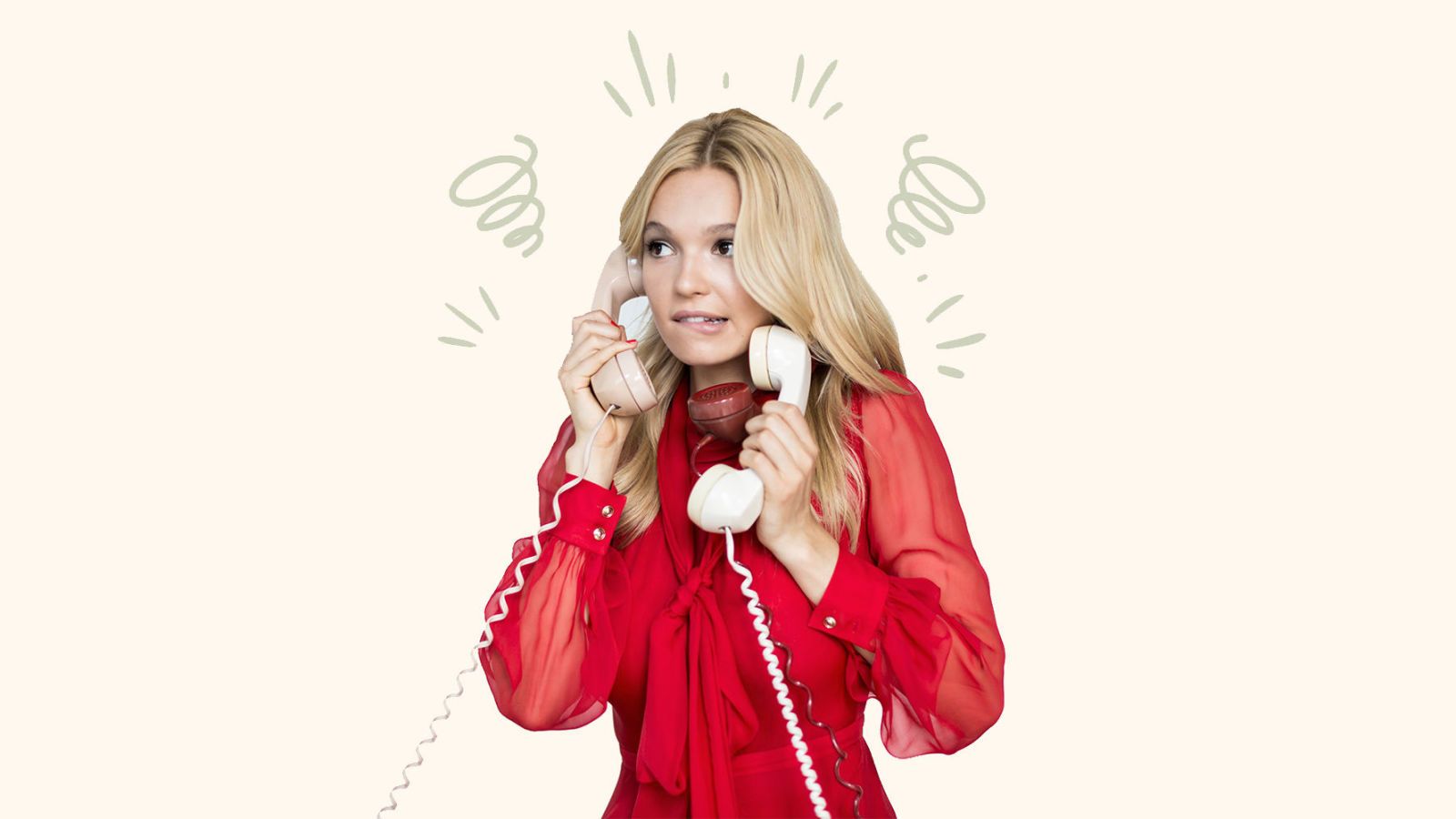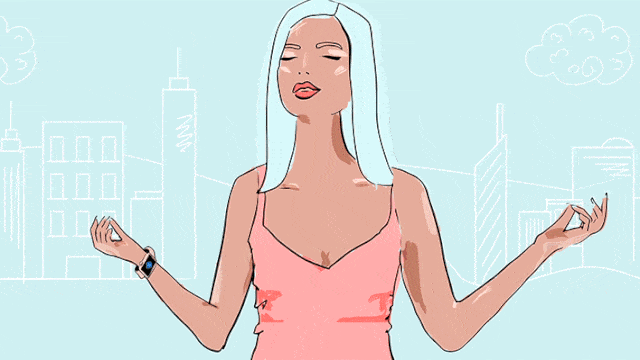The Shrink Is In: How to Chill Out, Deal with a Broken Heart, and Feel More Unplugged (Without Actually Unplug
Resident psych Dr. Samantha Boardman has the answers.
I've heard about all the mental benefits of meditation, but I fall asleep, get distracted, and don't find it relaxing. Why can't I get into it?
Dr Boardman: I had a patient who felt something was wrong with her because she couldn't get into meditating the way her friends had. Another patient said he felt "meditation-shamed" by colleagues because he didn't join them in the meditation room at work. It may be all the rage these days, but that doesn't mean it works for everyone. Consider trying a different technique, but if it still doesn't suit you, don't worry about it. There are plenty of other ways to reduce stress and boost mindfulness. Exercise, spending time in nature, and engaging in creative activities are well-documented stress relievers. To cultivate mindfulness, Harvard University psychology professor Ellen Langer recommends "actively noticing new things." It's about turning off autopilot, paying attention to the world around you, and being present. No candles or incense necessary.
RELATED STORIES



A recent breakup has left me struggling to move on. How do I get to a stronger place besides waiting it out?
Dr. Boardman: Breakups are painful. In fact, a study by researchers at Columbia University and the University of Michigan showed that the regions of the brain activated by physical pain are the very same areas activated by the emotional pain of a failed relationship. The scientists concluded, "These results give new meaning to the idea that rejection hurts."
While there is no quick fix for a broken heart, there are strategies that might help. In a series of experiments, Harvard Business School researchers Michael Norton and Francesca Gino revealed that people who engage in rituals—for example, burning photos—recover more quickly and report feeling better than those who don't. Whatever ritual you choose, make it deliberate, intentional, and actionable. The key is to engage in a behavior and take control, which mitigates sadness and increases well-being. Just believing that you are doing something to help yourself feel better will, in fact, help you feel better. You (and your brain) will be in less pain.
"Just believing that you are doing something to help yourself feel better will, in fact, help you feel better."
I know I should unplug from tech more often, but I use my phone for everything—news, calendar, alarm clock. How do you detach?
Dr. Boardman: Just because you use your phone for everything doesn't mean it should become your everything. I used to place my phone facedown on the desk in silent mode when trying to get work done. It turns out this wasn't good enough—I could still see my phone. Studies show that a visible cell phone decreases attention and the ability to perform tasks. I now put it in a drawer.
Stay In The Know
Get exclusive access to fashion and beauty trends, hot-off-the-press celebrity news, and more.
Phones don't just undermine productivity—they undermine quality time with loved ones, too. In an experiment with 200 participants cited by a study called "The iPhone Effect," researchers found that simply placing a mobile device on the table or having one in hand was a detriment to conversations. Any time the phone was visible, the quality of conversation was rated as less fulfilling than that of those that occurred in the absence of mobile devices. Family time is especially vulnerable. When children see their parents constantly on the phone, it sends a message about priorities. Put your phone away when you are with another person, be it having dinner, driving somewhere, watching a movie, or going for a walk. So when's the best time to use your phone? When you're alone.
Dr. Samantha Boardman is a clinical instructor in psychiatry and assistant attending psychiatrist at Weill Cornell Medical College in New York City, and the founder of positiveprescription.com.
This article appears in the September issue of Marie Claire, on newsstands now.